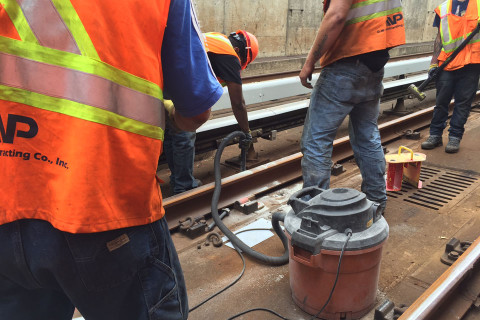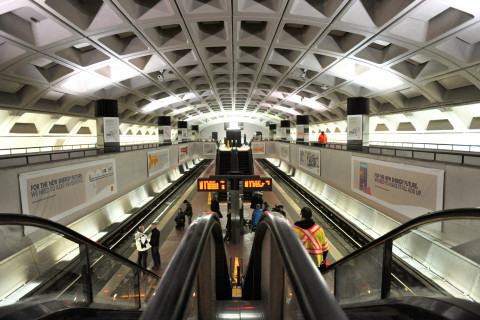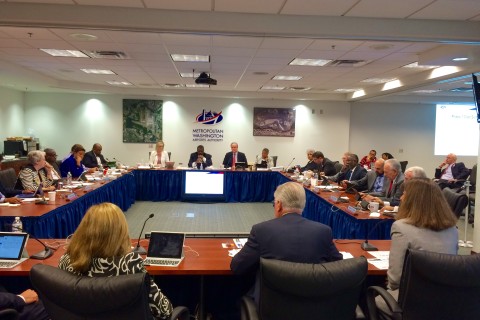WASHINGTON — An outside review of Metro’s power systems has identified a lack of training, lots of trash and grime, and failures in communication and testing.
The peer review of Metro’s third-rail power and infrastructure arranged by the American Public Transportation Association finds power substations “had debris and other equipment not relevant to the facility,” insulators that sit under the third rail “seemed to be excessively contaminated,” corrosion testing is limited to interlockings, and “staff are constantly in a catch-up mode.”
The peer review team from transit agencies in the Baltimore, Philadelphia, Boston and Chicago areas recommends random inspections, better organization and communication, and clear lines of responsibility.
“Roles and responsibility for traction power personnel are unclear,” information set to be presented to the Metro Board Thursday says. “Staff commented that a formal training program existed in the past but appears it is not followed.”
Also, the review recommends ensuring that staffing is appropriate, and that all workers have the “technical capacity” to do their jobs.
Separate reports have found track inspection and maintenance crews face similar issues.
Metrorail shut down entirely for a day in March to deal with serious threats from the power system.
Overall, Metro is collecting a lot of data that could help with future decisions about things such as safety, but it is not clear what is being done with the information.
The outside experts recommend more of the real-time information be provided to supervisors and workers, and added to an improved database of problems across the system.
Another recommendation is to consider completely new ways of linking parts of Metro’s power system in order to eliminate the orange boots, which connect power to the third rail. The boots’ faulty seals were partly to blame for Carol Glover’s death outside L’Enfant Plaza last year. While those seals have been replaced underground, the experts recommend that Metro consider alternative ways of bridging power gaps.
In addition to cleaning insulators more regularly to cut down on smoke and fire risk, the recommendations include considering eliminating all porcelain insulators in the system, which can explode rather than smolder, and testing the new 7000 Series cars on tight curves across the system to avoid incidents where they lose contact with the third rail and completely shut down.







